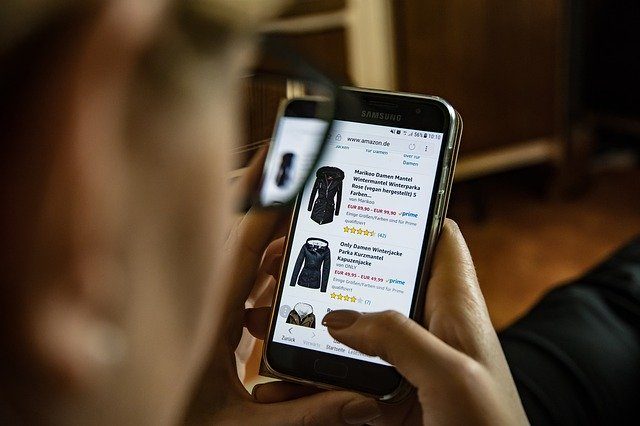The Philippines remained an outlier compared to its neighbors amid the growth of social commerce in Southeast Asia, a marketing agency said.
In the report of AI solutions firm iKala, the social shopping behavior of 12,000 consumers and over 1,000 social sellers across the Philippines, Vietnam, Singapore and Thailand were compared during the first half of this year.
While all countries showed a 116% growth in terms of orders online, the Philippines only increased by 36% while Singapore rose to a remarkable 155%, Vietnam at 101% and Thailand at 173%.
Meanwhile, the Philippines seemed to have better results in terms of gross merchandise value (GMV), which refers “to the monetary value of goods or services sold through online marketplaces over a specific period.”
The average GMV growth of the four markets is 307% wherein Singapore increased the most at 678%, the Philippines at 309%, Thailand at 212% and Vietnam at 28%.
Due to the tough lockdowns during the first half of the year, retailers in these countries also adopted various social technologies and strategies as they shifted to digital platforms for their products.
The study noted that of these tools, live-selling, refers to broadcasting live videos featuring the products, increased the most following the novel coronavirus pandemic and the closure of physical stores across Southeast Asia.
It cited that Filipino and Vietnamese consumers shopped more frequently via live-selling than their peers in Singapore and Thailand.
The number of live-sales in the region increased nearly 13% to 67% in the region with shoppers in Singapore and Thailand spending more time engaging with merchants and buying through live-streams.
Live sales were highest in Vietnam at 98% and followed by the Philippines at 95%.
“An analysis of repeat purchases found that consumers in Vietnam and Philippines typically make purchases via live sale twice a week, compared to their peers in Singapore who shop once a week on social media,” the study said.
Another rising trend is the use of electronic wallets or e-wallets and bank transfers.
However, both the Philippines and Vietnam still relied on the cash-on-delivery system the most in terms of payment.
The study explained that trust, fraud and a lack of familiarity in social media websites remain big barriers for social commerce.
In particular, Filipino women aged 25 to 34 represent the top shoppers on social media.
“Trust, fraud and a lack of familiarity are proving to be big barriers for social commerce. To overcome this, retailers may consider working with micro-influencers who have smaller but more engaged followers and are often considered more trustworthy by consumers,” the study read.
Sega Cheng, CEO & Co-Founder of iKala, said that social commerce is now growing rapidly and entrepreneurs have to find ways to improve the shopping experience of their consumers.
“Social commerce is growing rapidly, and every day social media companies are adding new capabilities to support this growth. For retailers, the opportunities are apparent, but to truly succeed they must find ways to make the shopping experience live, interactive and seamless,” Cheng said.
“Social commerce will continue to evolve, and retailers who adapt quickly and experiment with a growing array of social technologies will emerge strongest. We believe iKala’s Shoplus will continue to support the growth and development of the social merchants community,” she added.










